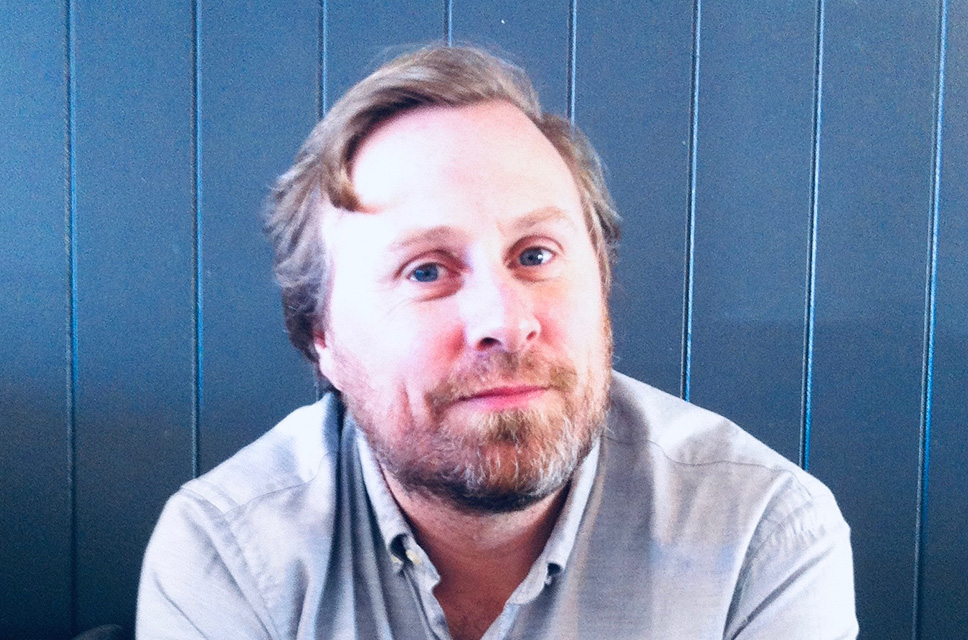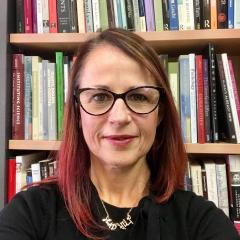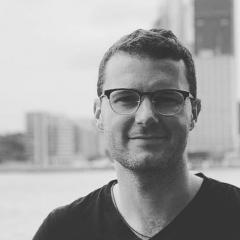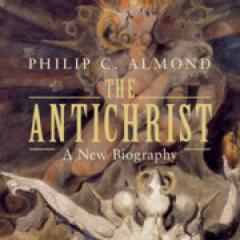 Dr Nick Heron received his Doctorate from The University of Melbourne in 2014. He joined the Centre for the History of European Discourses as a Postdoctoral Fellow in January 2015, becoming part of IASH with its formation later that year.
Dr Nick Heron received his Doctorate from The University of Melbourne in 2014. He joined the Centre for the History of European Discourses as a Postdoctoral Fellow in January 2015, becoming part of IASH with its formation later that year.
What are you working on at the moment?
I’m currently working on a long-term project investigating the intellectual and cultural history of the end of history. Right now, I’m focused on what could be described as its political-geographical dimension. In the immediate aftermath of the Second World War, which is when end of history narratives proliferate, many writers and intellectuals linked this temporal thesis with a spatial conceit. Arguments regarding the end of history were conjoined with the theme of world unity. And world unity became the forum in which the truth or falsity of the end of history thesis would be decided.
How did you get interested in this topic?
In recent years, many articles in the popular media and elsewhere have declared the end of the “end of history” thesis, which is usually associated with the triumphalist version propounded in 1989 by the former US State Department functionary Francis Fukuyama. But the thesis has a much longer history, which I wanted to reconstruct starting from the perspective of its purported end. As it turns out, originally--although it’s difficult to speak of origins in the case of end of history narratives, which almost invariably present themselves in terms of a reception of past thought--this was a culturally pessimistic thesis. My sense was that this largely discredited idea actually presented a fascinating story about the intellectual culture of the twentieth century, given the range of ways it’s been employed. In previous work--most notably in my first book--I worked on the theological heritage of modern political concepts. This gave me a strong foundation from which to conceptualise the end of history thesis, which developed out of the temporalisation of Christian eschatology.
What social benefit do you see in this research?
I write primarily about books and the discursive contexts in which they were written, so I do feel that it’s important not to overstate the social benefits that flow from this, which in any case are difficult to determine. At the same time, I do think that reflecting on the historicity of the ideas and concepts we use to make sense of the world is important for understanding how we got to where we are. This is one of the aims of the genealogical approach to intellectual history I adopt in my work.
Who/what have been the greatest influences on your own work?
As a PhD student at the University of Melbourne, my work was highly influenced by the contemporary Italian philosopher Giorgio Agamben. The publication of his principal contribution to political-theological discussion, The Kingdom and the Glory, which I read in Italian when it came out in 2007, distinctly changed the course of my PhD research. Later, I had the opportunity to translate Stasis, one of the other volumes of his Homo sacer project, which was published in the same year that I joined UQ. My understanding of Agamben’s work (and other contemporary European philosophy) was shaped by my participation in a range of reading groups at Melbourne with close friends Justin Clemens and Jessica Whyte, among many others. This was certainly a formative experience that continues to inspire me. At UQ, I have been able to reconnect with Simon During, who taught me as an undergraduate, and to develop a new friendship with Ian Hunter, both of whom have had a significant influence on my subsequent work. Coincidentally, Ian’s bequest to the UQ library of the multivolume Geschichtliche Grundbegriffe--the historical lexicon of social and political concepts collated under the editorial direction of Reinhart Koselleck--has been one of the principal resources on which I have worked during my time at UQ.
How do you like to unwind when you’re not working?
When I’m not working, I read widely outside my immediate research interests: popular histories, contemporary political commentaries and above all novels (especially nineteenth-century ones). I also like to cook.



